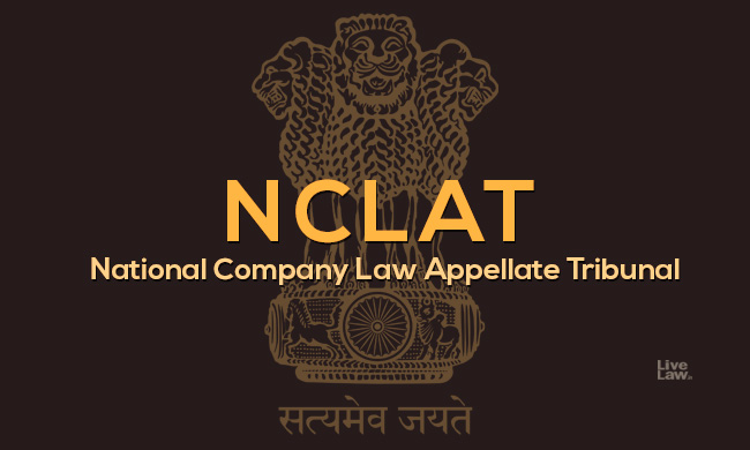No Scope For Negotiation Once The CoC Has Approved The Resolution Plan: NCLAT In DHFL Case
LIVELAW NEWS NETWORK
29 Jan 2022 5:46 PM IST

Next Story
29 Jan 2022 5:46 PM IST
The NCLAT in a Bench comprising of Justice M. Venugopal (Judicial Member), V.P. Singh (Technical Member) and Dr. Ashok Kumar Mishra (Technical Member) in the case of Union Bank of India on behalf of the Committee of Creditors of Dewan Housing Finance Corporation Limited. VS Mr. Kapil Wadhawan & Ors. set aside the order passed by the Adjudicating Authority which directed...
